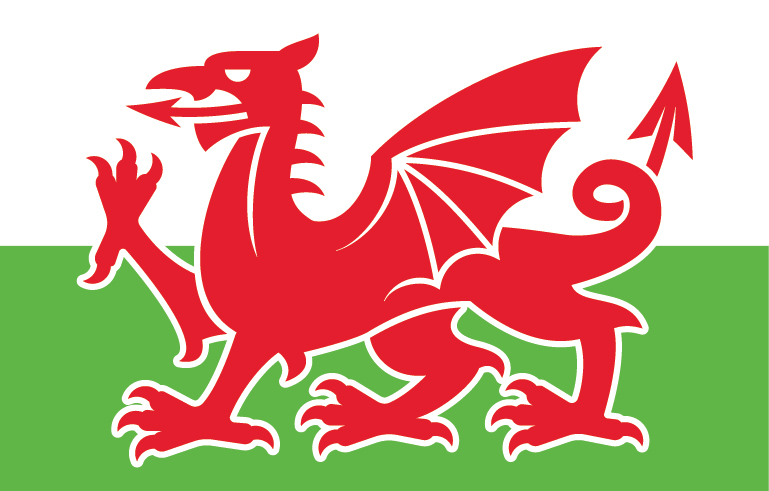Welsh belongs to the Celtic line of languages and is spoken natively in Wales. In addition, it is also spoken in Y Wladfa and England. It was called Cambrian, Cymric, and Cambric in English. The language dates to as far back as the 6th century and was an offshoot of three different languages like English, Latin and Irish which were spoken in the area back then.
Welsh’s background as a language can be broken into four historic segments, i.e., Primitive Welsh, Old Welsh, Middle Welsh and then Modern-day Welsh. The old Welsh period stretches from the 9th century to around the 12th century. The middle period is defined to be around the 14th century, and after that, we get Modern Welsh.
How many people speak Welsh today?
According to the UK’s 2011 census record 19% of people above three years of age, living in Wales speak Welsh. This marks a decrease from the previous 20.8% in 2001. One reason is that there has been an increase in the Welsh population but most of whom are not Welsh speakers which corresponds to the drop in numbers. In 2011 the Welsh language was given official status in the region which makes it the only language that is defined as “de jure” in any part of the UK. Thus, all official documents and procedures are done in either Welsh or English as they are both seen as equal.
Modern day status of the Welsh language
As mentioned above Welsh has been given official status, so local councils and the National Assemblies of the region issue versions of their documents in both English and Welsh. Also, most road signs are in both languages. Starting from 2000, Welsh has been deemed compulsory in schools operating in Wales and are taught to kids up to 16 years of age. This measure has been taken to reverse the decline in this language. Currently, there is only one national Welsh newspaper called Y Cymro and is published weekly. There is also only one BBC Radio Cymru (in Welsh) and a single TV channel named S4C Digidol.
Businesses using the Welsh language
Businesses in Wales are not compelled to use the Welsh language. As a matter of fact, most businesses don’t emphasize as much as they should on the language when it comes to marketing, sales, and other material. One reason being that most Welsh native speakers are bilingual, so they can also speak English. That said businesses that tend to use Welsh as part of their online and offline marketing strategy to receive a better response since native speakers like to adhere to tradition.
Foreign businesses that want to establish a foothold in Wales are advised to have all their material, i.e., websites, brochures, and packaging, etc. translated to Welsh. The good news is that most native speakers should be able to translate most if not all material from English to Welsh. As a matter of fact, it is one of the easiest languages for which to find a translator primarily if you’re located in the UK.

